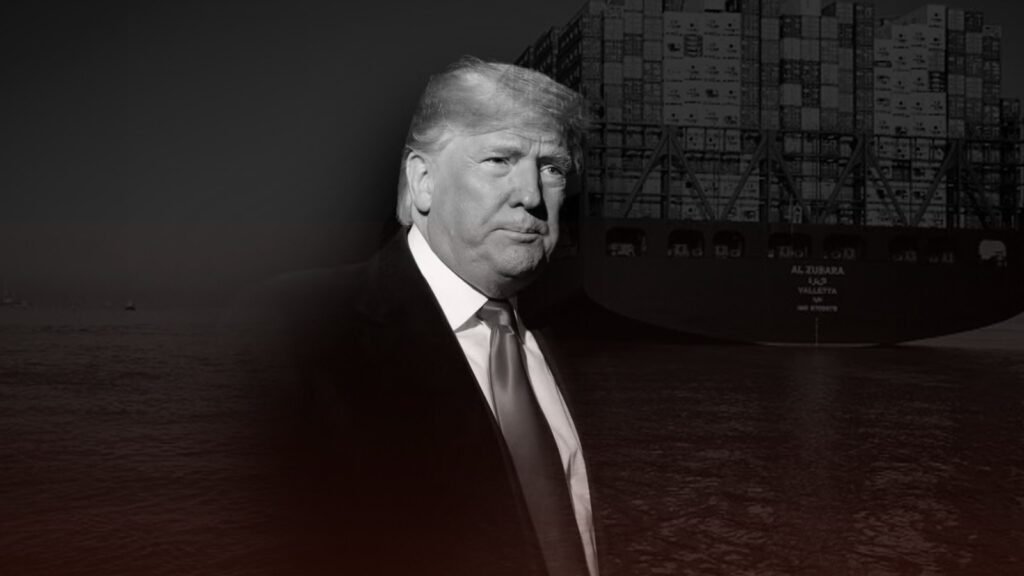Donald Trump announced on Monday that he intends to issue an executive order imposing a 25% tariff on all goods entering the United States from Mexico and Canada.
“On January 20th, as one of my first Executive Orders, I will sign all necessary documents to impose a 25% tariff on ALL products coming into the United States from Mexico and Canada, alongside addressing the issue of our ridiculous Open Borders,” Trump wrote in a post on Truth Social.
Trump stated that these tariffs would remain until both countries take significant measures to reduce drug trafficking, particularly fentanyl, and illegal border crossings.
In a subsequent post, Trump declared an additional 10% tariff on Chinese imports, stating it would be on top of existing tariffs.
“This is due to China’s continued failure to curb the flow of drugs, especially fentanyl, into the United States,” Trump explained. “Despite many discussions with China about their responsibility, there has been no meaningful action. Until they act, we will impose an additional 10% tariff on their products.”
Liu Pengyu, a spokesperson for the Chinese embassy, responded by highlighting China’s efforts to combat drug trafficking after a prior agreement between Joe Biden and Xi Jinping.
“China has taken substantial steps in law enforcement against narcotics and has kept the U.S. informed about the progress,” Liu stated, rejecting claims that China is complicit in allowing fentanyl precursors to enter the United States.
This announcement caused a significant market reaction, with the U.S. dollar strengthening by 1% against the Canadian dollar and 2% against the Mexican peso. Meanwhile, U.S. stock futures and Asian markets experienced a decline.
Economic analysts noted that these proposed tariffs might indicate Trump’s future strategy for the US-Mexico-Canada Agreement (USMCA) and could potentially ignite a trade war.
“Trump is likely aiming to pressure Canada and Mexico into early renegotiations of the USMCA, despite its official timeline for renewal in 2026,” commented Alex Loo, a macro strategist at TD Securities.
The Chinese embassy warned of the damaging impact of such policies, emphasizing that no party benefits from a trade war or escalating tariffs.
Tahra Jirari, director of economic analysis at the Chamber of Progress, criticized Trump’s tariff plans, arguing that they would lead to higher prices for American consumers. “Tariffs are essentially taxes you pay at the store. Everything from cars to groceries would become more expensive,” she posted on social media.
On the campaign trail, Trump has described tariffs as a tool to strengthen U.S. industry and job growth by discouraging reliance on foreign goods. However, former Labor Secretary Robert Reich countered this narrative, labeling tariffs as a “regressive tax” that disproportionately impacts working families.
The Peterson Institute for International Economics estimated that Trump’s tariff plans could cost the average U.S. household over $2,600 annually.
Trump’s announcement comes just days after nominating hedge fund manager Scott Bessent as treasury secretary, a move that initially suggested a more moderate stance on tariffs. However, market analysts believe Trump’s announcement reasserts his firm control over trade policy direction.
“It seems Trump is sending a message that despite Bessent’s nomination, his aggressive trade policies remain firmly in place,” observed Matt Simpson, a senior market analyst at City Index.


